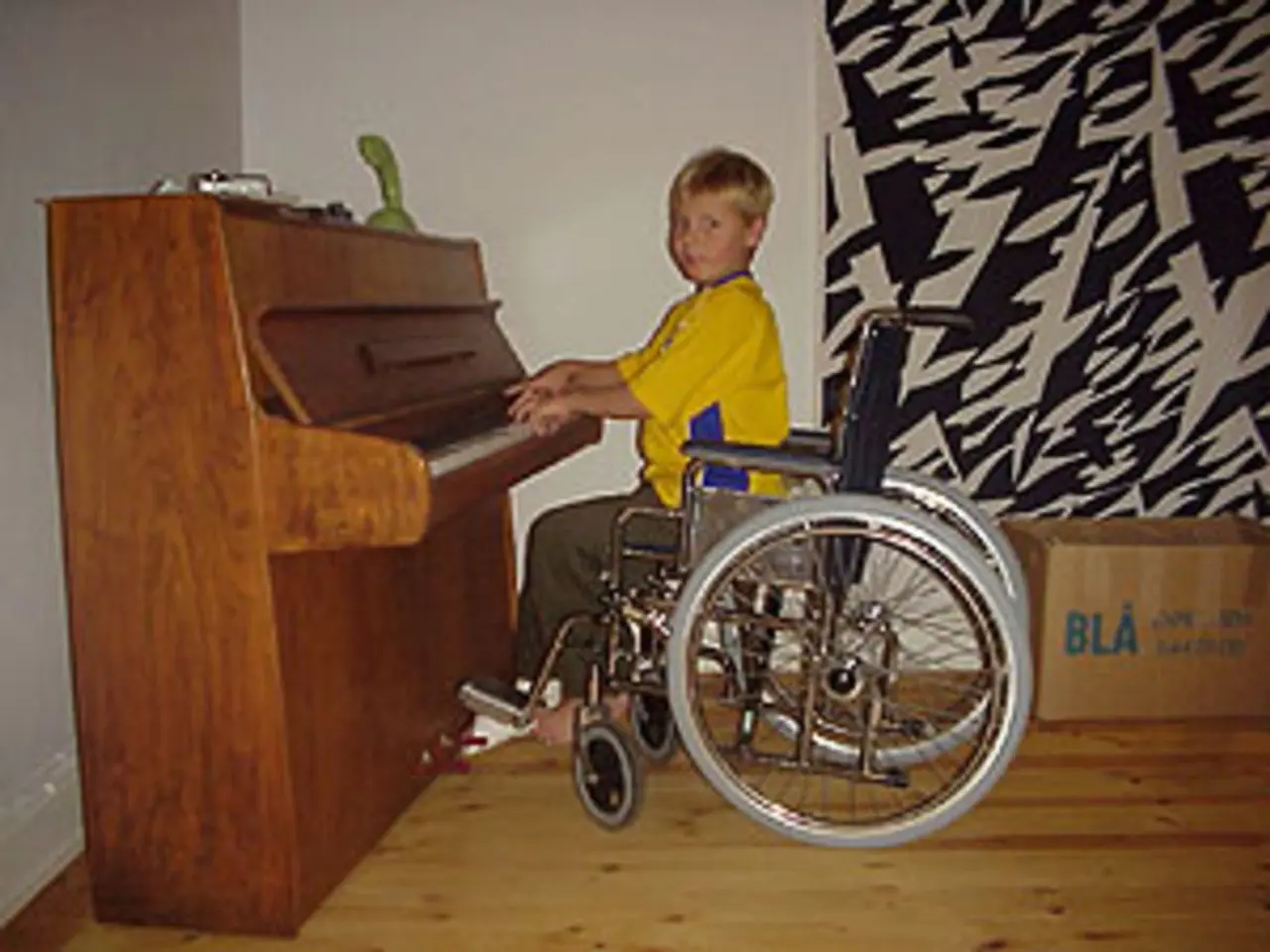Autism Spectrum Disorder: Symptoms, Causes, and Early Intervention
Autism Spectrum Disorder (ASD) is a neurodevelopmental condition that emerges in early childhood, with certain genetic and environmental factors contributing to its development. The disorder is characterised by significant impairments in social interaction and communication, as well as restricted, repetitive patterns of behaviour.
ASD symptoms in adults can include difficulties with eye contact, facial expressions, and gestures, as well as an inability to form peer relationships and a lack of interest in sharing interests. Autistic individuals may also exhibit intense focus on specific topics, rigid adherence to non-functional rules, repetitive motor mannerisms, and persistent preoccupation with parts of objects. Early symptoms may include a marked delay in language or social development, with some autistic children showing signs of hyperlexia, or reading beyond their expected age level.
Communication difficulties can manifest in various ways, such as talking in an unusual tone, having very limited speaking skills, or difficulty sharing emotions and interests. These issues often become apparent before the age of 5. Symptoms typically become clearly evident during early childhood, between ages 12 and 24 months, although they may appear earlier or later. To be diagnosed with autism, a person must experience symptoms in both communication and social interaction, as well as restricted or repetitive patterns of behaviour or activities.
ASD is a complex condition that can involve a range of issues with communication, social interaction, and behaviour. While symptoms can vary greatly from person to person, early identification and intervention can significantly improve outcomes for individuals with autism. Understanding the unique needs and strengths of autistic people is crucial for supporting their full participation in society.
Read also:
- Qur'an Emphasizes Fatherhood Through Stories of Prophets
- Capella Nursing Students Gear Up for Crucial FPX 4050 Assessments
- Comprehensive Overview of Addressing Traumatic Brain Injuries (TBIs)
- Enhanced Health Services Provisioned by San Diego Academic Health Partnership Continues During COVID-19 and Beyond






